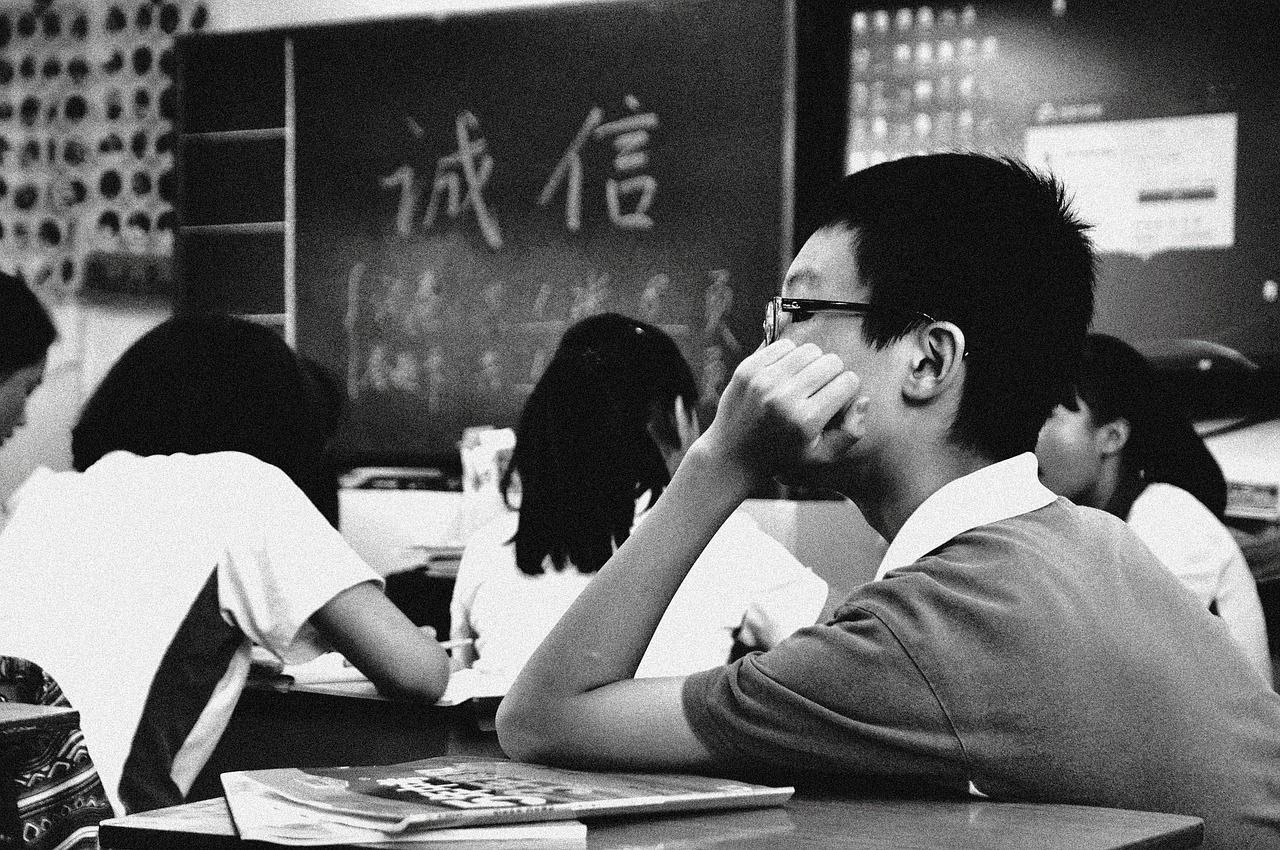Why You Need a Philosophy of Education
I’ve been working on forming my own philosophy of education and feel that this is something more of us need to be thinking about. In this post I discuss the importance of reflecting deeply on the big questions in learning and education, along with an examination of the dominant views of our time.

The Importance of Having a Philosophy of Education
I’m becoming increasingly convinced of the need to reflect deeply on the most important high-level questions around learning and education.
I also feel strongly that this is something anyone who has a view on education or is involved in the field should also take the time to do.
This involves thinking about questions such as:
- What should the aim of education be?
- Who should be educated?
- What should be taught and should this differ with interests and abilities?
- How should we be educated?
The fact that these questions have been asked for many centuries and are yet to be answered discourages many from examining them in the first place.
After all, why study questions that never go away? Why not just get on with the job instead of philosophising and having abstract discussions?
While these objections are understandable, I think they miss the point completely. Organisations, whether they are governments, businesses or schools work the way they work because of the way people think.
Policies and rules didn’t create the problems we have and they won’t solve them either. If you want to improve any system you need to look at the ways people think and interact with each other before changing the rules.
And that is what educational philosophy is all about.
An unwillingness to look at the big questions in education also fails to recognise its fundamental importance and to treat it with the respect it deserves.
Our educational system prepares the next generation to enter society and imparts ideas, values and beliefs that will shape young people’s thinking and behaviour for the rest of their lives.
The magnitude of this task can't be overstated and it’s not just the responsibility of teachers and school administrators but also of parents to think deeply about the type of educational system they want for their children.
Education is too important to be left up to guesswork. Its recipients are not cogs in a machine but living, breathing human beings who have one life to live.
The Mechanistic View of Teaching and Learning
The mechanistic view of teaching and learning is the guiding mental model behind most educational systems around the world.
Under this view knowledge is treated as a thing – objectified and disconnected from other forms of knowledge and from the student.
Brazilian educationalist Paulo Freire calls this “banking education” because teachers are supposed to deposit knowledge into students’ heads as discrete pieces of information.
Because we see knowledge as something that teachers have and students have to get, we view it as being possessed by individuals. Unsurprisingly, this makes us see the learning process as similarly individualistic.
When we combine this view of knowledge with the views that educational institutions should be run by specialists who maintain control (as in businesses), that competition always accelerates learning, and that there is always a right answer to everything, we get the one size fits all approach to education that was formulated in the period after the industrial revolution.
Now this system certainly helped to reduce the abusiveness of child labour and bring opportunity to more people than ever before to help them find work and progress in society.
But at what cost were these results achieved? And is finding work and earning a larger income an indicator of a better quality of life? These are important questions, but I’ll leave them aside for the purpose of finishing this article.
Whatever your opinion on the mechanistic worldview of education and the industrial model it has produced, one thing is certain – it has outlived its usefulness.
My Philosophy of Education
We desperately need a new paradigm in education and this means having honest discussions about where we are, where we want to go and how we’re going to get there.
I’m walking the talk by forming my own educational philosophy – reading some of the great thinkers like Plato, Rousseau, Dewey and Freire and reflecting on my experience as a student and an academic tutor.
I'll also be writing a series of posts to address some of the big questions mentioned above in the next few weeks.
I’m at the start of this journey and I'm sure the more I think about these issues and the more experience I gain, my philosophy will evolve. As of this moment though, here are three things I believe a good educational system should do:
1) Cultivate the whole of the human being
Our current system is focused religiously on the accumulation of specialised knowledge in fields from maths and physics to history and geography.
While knowledge of these areas isn’t useless, a good education should help us to live well by teaching us how to deal with our emotions, how to build relationships and how to live well.
We need to start thinking about cultivating the whole of the human being, not just filling students' memories with facts and information.
2) Encourage independent thinking and self sufficiency
A teacher has done his job properly when the student no longer needs him. There aren’t any pre-packaged answers to the big decisions we need to make in life and education should help us to realise this and prepare us for those moments.
Students should be shown how to look at questions and issues from multiple perspectives in order to form their own view independently, rather than how to ingest and regurgitate the opinions of others without consideration.
3) See schools and communities as part of a holistic system
Whether a school is public or private, urban or rural, large or small, there are three interdependent systems at place – the classroom, the school and the community (including parents).
These systems all interact with each other in ways that can be hard to see, but they shape the priorities of the educational system.
Sustainable change will only be made by addressing all three of these different levels and the relationships between the different people in them – students, teachers, parents and administrators.
The Takeaway
It’s up to all of us to reflect as deeply as needed, for as long as necessary about the big questions in education.
This doesn’t mean retiring to a cave and meditating on them in isolation, or dropping everything to focus on developing your philosophy of education.
What it does mean is thinking about what you’re doing and why you’re doing it, so that if someone were to wake you up in the middle of the night and ask you what the point of school is, you’d at least be able to give them an answer.

